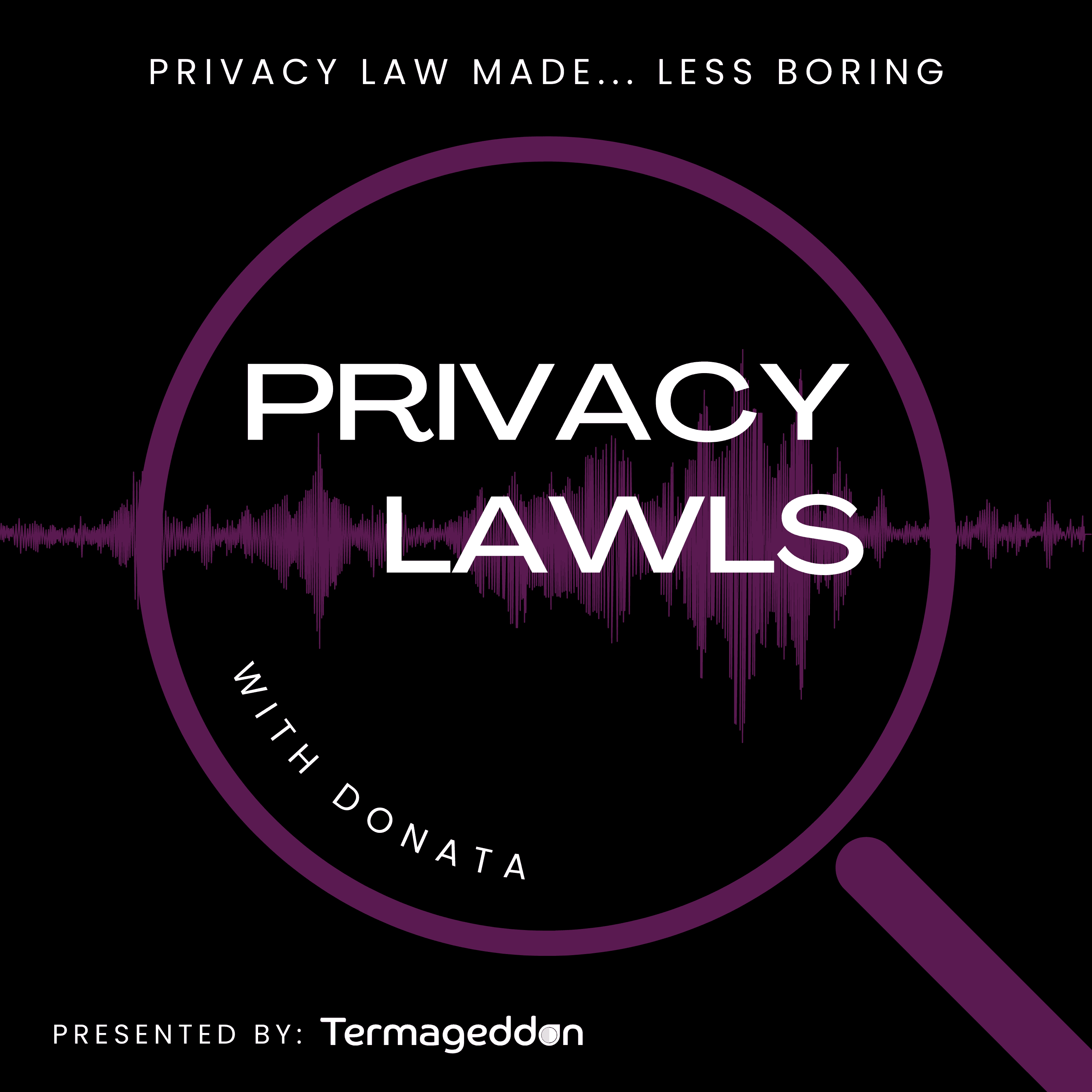Privacy Lawls with Donata
Ep. 9 | Data Privacy Week Special (Guest: Lisa Plaggemier)

Search the Site
Popular Articles
Browse by Category
Subscribe for Updates
Privacy Lawls with Donata
